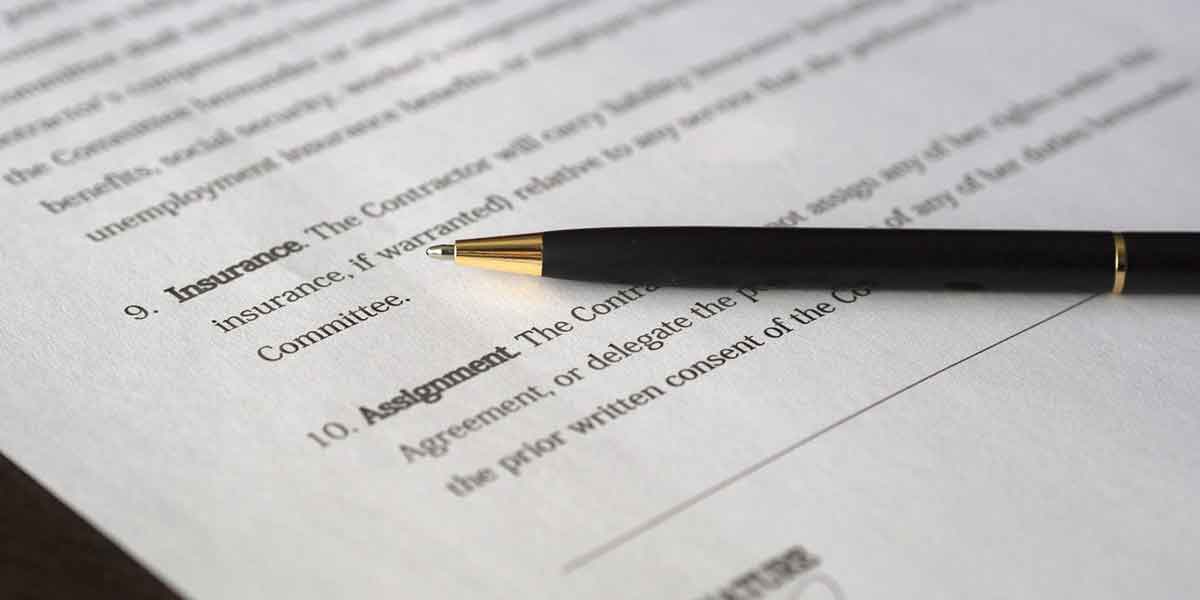Probate is a crucial process that validates a person’s will, determining who will inherit their assets after their passing. Creating a will is essential as it allows future generations to understand your wishes and intentions.
Upon a person’s death, their assets must undergo the probate process, provided that a valid will is in place. It is important to ensure that the will is well-drafted and legally sound to prevent any potential challenges.
Understanding the concept of contesting a will is vital before taking any legal action. This involves disputing the validity or terms of the will, either in part or in full. Anyone with an interest in the will can contest it, regardless of whether their name is mentioned in it.
There are various reasons why a will may be contested during the probate process. These include allegations of mental incapacity, fraud, improper preparation, or lack of witnesses to the will.
Legalizing a will involves adhering to specific requirements, such as being of sound mind, free from undue influence, and following state laws. Proper witnesses, notarization, and adherence to state regulations are also crucial for a will to be considered valid.
Navigating the process of contesting a will in court requires thorough research, filing a petition, gathering evidence, and attending scheduled court dates. It is advisable to seek legal counsel to ensure a smooth and successful outcome.
In some cases, contesting a will may not be possible, especially if the will includes a no-contest clause. This clause stipulates that anyone who challenges the will forfeits their inheritance, making contesting the will challenging.
understanding the complexities of probate and will contestation is essential for anyone involved in the process. Seeking the guidance of a knowledgeable attorney can help navigate the legal intricacies and ensure a fair resolution.




